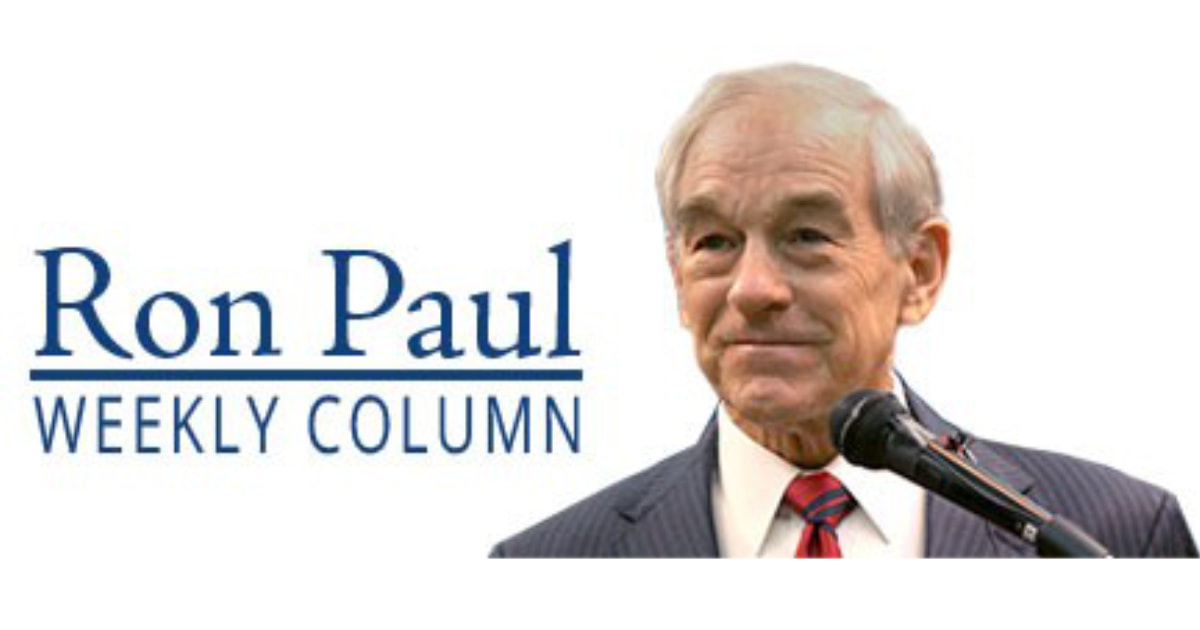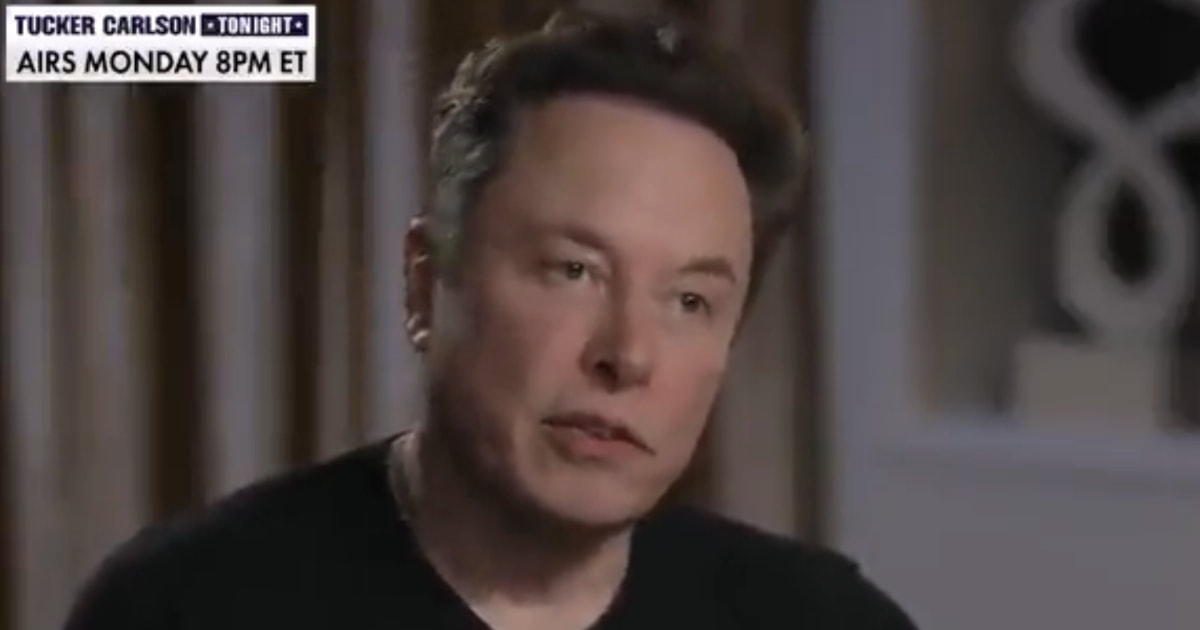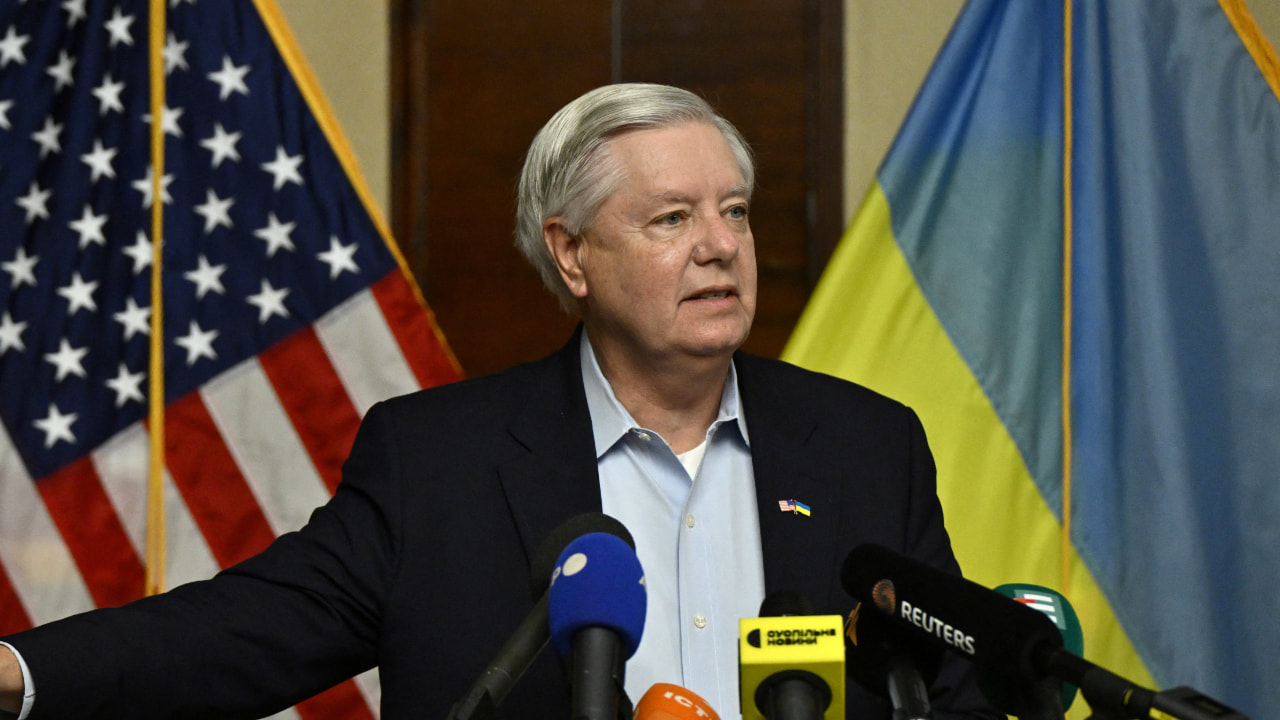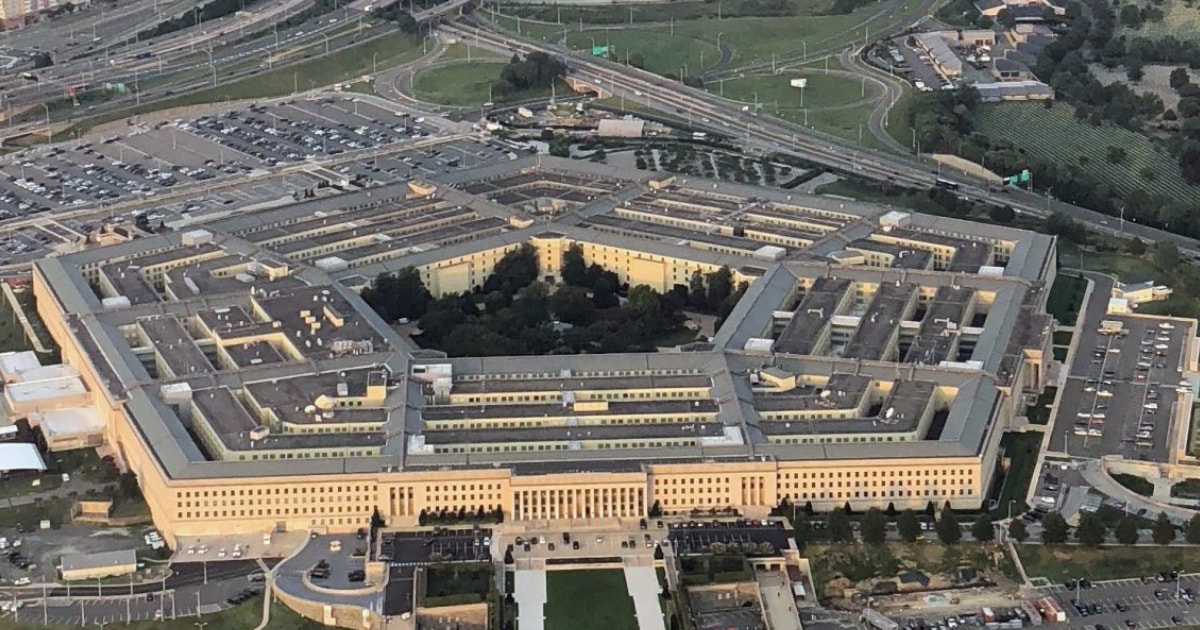|
By Ron Paul
Future historians may say that the most significant event of 2023 had nothing to do with Donald Trump, other 2024 presidential candidates, or even the war in Ukraine. Instead, the event with the most long-term significance may be one that received little attention in the mainstream media — Saudi Arabia’s movement toward accepting currencies other than the US dollar for oil payments. After President Nixon severed the last link between the dollar and gold, his administration negotiated a deal with the Saudi government. The US would support the Saudi regime, including by providing weapons. In exchange, the Saudis would conduct all oil transactions in dollars. The Saudis also agreed to use surplus dollars they accumulated to purchase US Treasury bonds. The resulting “petrodollar” is a major reason why the dollar has maintained its world reserve currency status. Also this year, China and Brazil made an agreement to conduct future trade between the countries using the countries’ own currencies rather than dollars. Brazilian President Lula da Silva has called on more nations to abandon the dollar. This de-dollarization movement is driven in part by resentment of America’s foreign policy, including, in particular, the US government’s increasing use of economic sanctions. Dethroning the dollar from its world reserve currency status makes it easier for countries to ignore these sanctions. De-dollarization will negatively impact the US government’s ability to manage its over 30 trillion dollars debt. With a few exceptions, there is still no real support in Congress for spending cuts. Republican leadership members may say they will not support a debt ceiling increase unless it is tied to spending cuts. However, after the Biden administration accused the Republicans of wanting to cut Social Security and Medicare, House Speaker Kevin McCarthy declared a reduction in spending on Social Security and Medicare — big drivers of the federal deficit — “off the table.” Similarly, despite the growing skepticism of foreign interventionism among Republicans, the military-industrial complex maintains a viselike grip on congressional leadership and the White House. Therefore, do not expect any reduction in military spending. Instead, the Pentagon’s budget will likely increase. The Federal Reserve will face continuing pressure to monetize ever-increasing federal debt and keep interest rates (and thus the federal government’s borrowing costs) low. The resulting inflation will lead to more support for ending the dollar’s world reserve currency status. As more countries abandon the dollar, the Fed will become less able to monetize the federal government’s debt without creating hyperinflation. This will result in a dollar crisis and an economic meltdown worse than the Great Depression. This crisis will lead to the end of the welfare-warfare-fiat currency system. While history suggests this will lead to the rise of even more authoritarian political movements, the growing popularity of libertarian ideas suggests the collapse will also fuel the further growth of the liberty movement. This could mean that the crisis leads to a restoration of limited government and an advancement of liberty. The key to taking full advantage of the opportunity presented by the crisis is to keep spreading our ideas. Fortunately, we do not need a majority; we just need a tireless, irate minority committed to the cause to regain our liberty.
Elon Musk tells Tucker Carlson that the U.S. government had full access to Twitter activity, including "private" direct messages. This is yet another example of government and "private" businesses working together against individual liberty. Also, why did Budweiser go woke? There have been so many examples of companies making that mistake. Why didn't Budweiser learn from them?
Artificial Intelligence" is a tool, and tools can be used for good and for bad. Central planners think AI is a key to a man-made utopia -- It certainly isn't. As with all challenges that we face with any kind of man-made tools, it comes to how much centralization and concentration of power that exists. The greater the centralization, the greater the dangers. "Artificial Intelligence" is yet another reason why it would be wise to decentralize power and speak out for a limited government with limited powers.
Seymour Hersh is back with another blockbuster investigative report, this time showing that not only is the Ukrainian government outrageously corrupt - right up to Zelensky himself - but that the CIA is well-aware of it and isn't at all bothered. Hundreds of millions are being stolen from American taxpayers, Hersh writes, and the Biden Administration could not care less. Also today, US sanctions Hungary - its own ally! And: DC think tanks furious that Syria is making peace with its neighbors.
A group of House Democrats have sent a letter to the Biden Administration demanding that all charges be dropped against Wikileaks founder Julian Assange. Yesterday marked his fourth year being held in the notorious Belmarsh prison in the UK, awaiting extradition to the US. In Australia and New Zealand a similar cry for his release is coming up from politicians of all stripe. Also today: FBI infiltrating Catholic Churches? Say it aint so! Finally: White House to media: 'shut up about the leaks!'
In a Sunday interview, Sen. Lindsey Graham said he believes the US should be willing to go to war with China over Taiwan. "I would be willing to fight for Taiwan," Graham said. Of course he wouldn't be doing the fighting... Also today: US sends more war ships right up to Chinese territory. Finally: Macron has a De Gaulle-ian epiphany in China and the neocons are freaking out.
Over the weekend we saw the largest leak of classified US government documents since Wikileaks. Ukraine assessments. China policy. Even spying on allies. Who leaked these hundreds of highly classified US Intelligence assessments? Pentagon? CIA? Putin? Ukraine? Europe? Most importantly: why? Also today...US threatens Europe over RU sanctions and Republicans want to bomb Mexico.
By Ron Paul
While we were being distracted by the ongoing Russia/Ukraine war – and Washington’s increasing involvement in the war – tremendous developments in the Middle East have all but ended decades of US meddling in the region. Peace is breaking out in the Middle East and Washington is not at all happy about it! Take, for example, the recent mending of relations between Saudi Arabia and formerly bitter adversaries Iran and Syria. A China-brokered deal between the Saudis and Iran has them re-establishing full diplomatic relations, with the foreign ministers of both countries meeting in Beijing last week. It is the highest level meeting between the two countries in seven years. Additionally, Riyadh is expected to invite Syria back into the Arab League and Syrian president Assad may attend the next Arab League summit. Syria was suspended from the Arab League 12 years ago when then-US allies in the Middle East signed on to Washington’s “Assad must go” policy that wreaked havoc across the region. And the nearly decade-long war in Yemen, which has devastated that population, appears to finally be ending, as Saudi Arabia is expected to announce an end to its US-backed war on that country. Troops from the United Arab Emirates are leaving Yemen and a Saudi delegation is arriving to negotiate a peace deal. To normal people the idea of peace breaking out in the Middle East is a wonderful thing. But Washington is anything but normal. President Biden dispatched his CIA Director, William Burns, to Saudi Arabia in a surprise visit last week. According to press reports, Burns was sent to express Washington’s surprise and frustration over the peace deals going through. Biden’s foreign policy team “has felt blindsided” by Saudi Arabia’s sudden move to get along with its neighbors. Washington is angry that Saudi Arabia will start trading with Syria and Iran because those two countries are still under “crippling” US sanctions. One by one, as these countries begin ignoring US-demanded sanctions, the entirety of US foreign policy is being exposed as a paper tiger – just bluster and threats. Middle East developments have revealed a dirty secret about US foreign policy. Washington has for a long time used a “divide and conquer” strategy to keep countries in the Middle East – and elsewhere – at each other’s throats. Sanctions, covert operations, and color revolutions have all been used to make sure that these countries do not get along with each other and that DC controls who runs the show. As unlikely as it may seem to some, China has moved into the region with a different policy. China seeks business partners, not to manipulate the internal politics of the Middle East. They may be ruthless in their own way, but it is suddenly clear that the countries of this region are tired of US meddling and are looking for new partners. We non-interventionists are often attacked as “isolationists,” but as I have always said, it is the neocons and interventionists in Washington who are really isolating us from the rest of the world. Nowhere is that more evident these days in the Middle East. It didn’t have to be this way, but if this is the end of US meddling in Middle East affairs then ultimately it is a good thing for the American people…and for peace.
The government & the country are not the same thing. When our representatives refuse to follow the law of the land, the U.S. Constitution, is it patriotic to support the breaking of these laws? When government gets the country into endless wars, without Congressional declaration, is it patriotic to support this behavior? When they take our money, and shower it across the world, is it patriotic to support it? The government (and many people) would answer all of these questions with a resounding "Yes!" But are they right?
|
Archives
May 2024
|









 RSS Feed
RSS Feed



